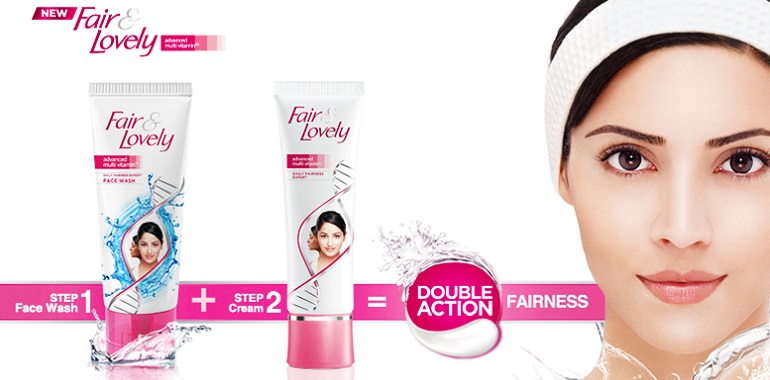
“If a girl is dark or ugly, she shouldn’t expect any attention to come her way,” said an acquaintance casually. As someone living in India, I’ve become used to statements like this. The surprise lies in the person saying so. In this case it came from a clothes designer, someone I thought would have had a more informed opinion.
The message that melanin - the substance that causes pigmentation of skin - is bad gets repeated in different ways for most Indians. Even India’s biggest heartthrob - the dark skinned Lord Krishna - is played by a fair-skinned actor in the mythological TV serial Mahabharat; ditto for Draupadi.
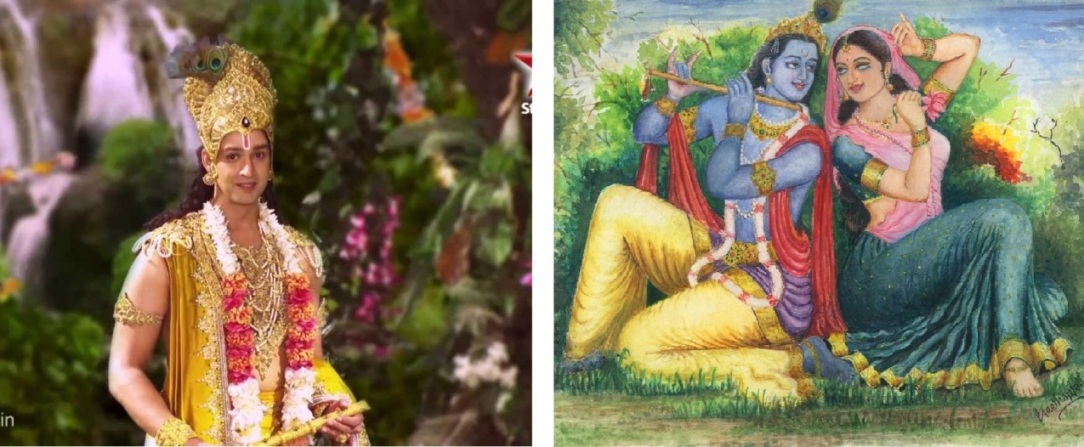
Most photo studios will photoshop a face to make it lighter or gora, even if it looks shoddy and unnatural. Recently, an Indian commercial showed (without telling so explicitly) that a fair, glowing face is useless without the same effect for the lady parts.
If this doesn’t make you cringe, it should amuse you.
For years, Indian commercials have shown fair skin as the solution to all of life’s problems. The typical ad shows a disappointed woman applying a “fairness” cream which then takes her to a happy marriage/the Oscars/a tennis grand slam (yes, even that!).
But what if someone liked dark women - those who fell outside society’s template of beauty? I struggled with this problem for years. My first crush was for a girl with a dark complexion. Before I could admit to it, one of my friends described her as “ugly as a maid-servant’s daughter.”
This insensitive remark reminded me for years that it was easier to admit attraction for a fair-skinned girl. In the case of a dark girl, it usually invited disapproval or confusion which translated into, “Are you sure you like her? You can do much better than settle for her.”
I find it hard to explain to those around me why I consider Marion Jones, Laila Ali, Eva Mendes and Mindy Kaling hot. It goes unnoticed when I say the same for Maria Sharapova, Julia Roberts or the occasional Bollywood actress.

I can imagine some of you already saying, “So what is unusual? Beauty is always subjective. Or as they say, in the eyes of the beholder.”
Yet if it is truly subjective, there would be many others in India who would like "chocolate-coloured" women. As things stand, using the term "chocolate-coloured" instead of dark-skinned is in itself a big leap.
Admittedly, every culture has its idea of beauty. Nigerian men want their wives to look “well-fed” for which the women are sent to fattening houses. The Chinese once preferred women with small feet while some Burmese women liked the appearance of a long neck for which they wore brass coils. Seen alongside these extreme examples, the preference for fairer skin seems harmless, right?
Well, not exactly. For one, the brass coils for necks and shoes for small feet are making their way out. Yet, be it bathing soaps or fairness creams, the so-called need for fairer skin in India is being endorsed by every major star, be it Bollywood or the film industries down south. And these products - which are neither safe nor effective - have now even expanded their customer base to men.
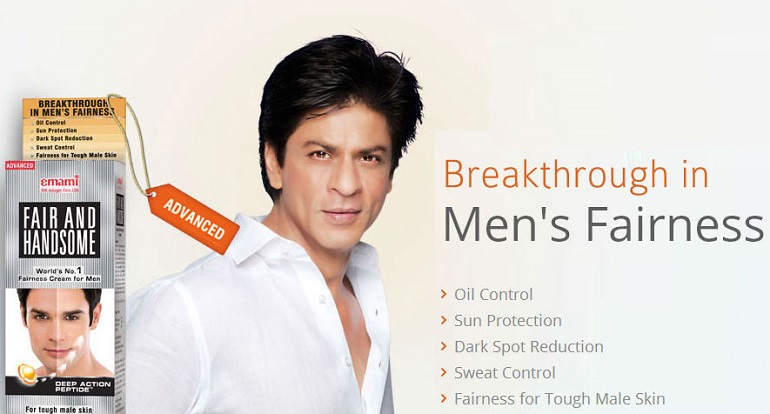
The worst aspect is how many Indians - even the educated ones - consider fair skin to be essential and natural to attractiveness. For many Indians, melanin-rich skin (sounds better than dark doesn’t it?) can ruin the perfect 36-24-36 figure of a woman. And for men, it will shave off a few points even if he has eight-pack abs. In other words, melanin has the same effect as bad breath, body odour and dandruff in the perception of attractiveness.
In such a context, it might be scandalous, gimmicky or just plain radical to assert that complexion should have no bearing on a person’s attractiveness. It is none of these as it is backed by evolutionary psychology.
A good part of sex appeal is hard-wired into us through years of evolution. Which is why a tall, broad-shouldered man with a chiseled body will make heads turn. Likewise, women with fuller lips, wide hips, long hair and ample breasts will get the most attention. It is just nature’s way of helping us find the most suitable mate.
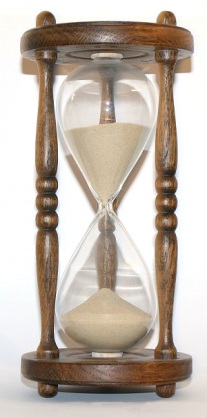
In this scheme of things, complexion plays very little role in deciding sex appeal. Far from being a disadvantage, it is an adaptation that helped early humans in tropical areas from the effects of UV rays.
Of course, we have come a long way from being cavemen and judging potential mates based on the size and shape of their body parts. The point here is how preference for a certain complexion is entirely a cultural creation. More importantly, if complexion cannot be used to judge beauty, how can it be used to judge someone’s character or anything that matters?
But what if I still prefer a man or a woman with a fair skin? I can’t change it. Well, I don’t intend to change your mind either. My aim is to merely tell you what kind of preference it is. If you had been swapped into a different family in the delivery room of the hospital, you may well have developed a crush on Mindy Kaling. Regardless, you are entitled to have your own opinion of beauty.
Which is why the fair skin obsession is a bit like the sex appeal of stubble, a handlebar mustache, a waxed chest or a full head of thick hair. That said, one can find women who dig exactly the opposite such as smooth cheeks or a bald head. And this is where one says that beauty is in the eyes of the beholder.
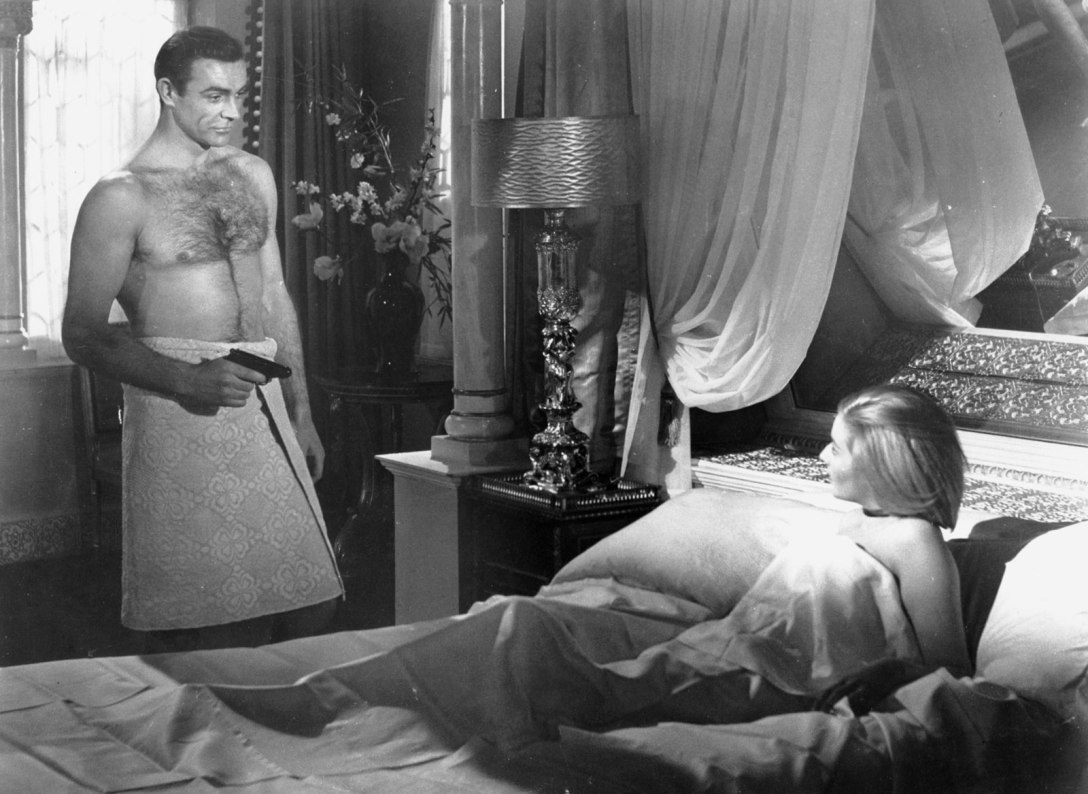
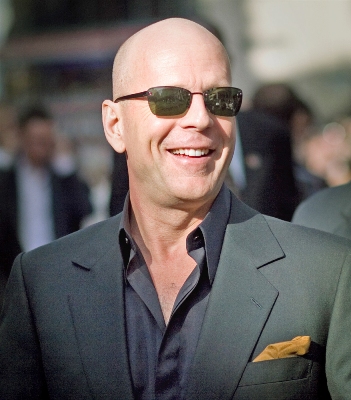
In spite of all this, there will be those who will tweak their body or use props to fit a certain template. So we have people going under the knife for the “perfect” nose, bigger breasts, rounder butt, taller body or a head full of hair. Thankfully, these enhancements look perfectly natural for the most part and achieve the desired effect.
If only the same could be said for all the lightening/whitening creams. Most of these supposedly “miraculous” and mercury-laden compounds don’t last through a downpour or a stroll in the afternoon sun. Unless you want to go down the path of Michael Jackson, there really is no affordable or effective way to lighten your skin. And like it or not, you will pass on your share of this dark skin to your kids.
It would be much easier to just embrace the truth. When it comes to judging a person, his or her complexion doesn’t matter. And the people who think otherwise matter even less. After all, nature gave us this sunscreen not so that it could be called ugly.
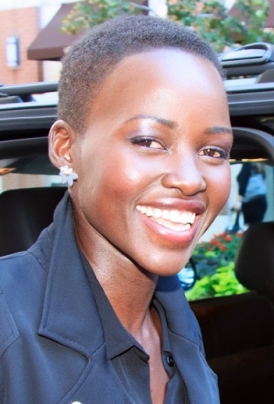
Related articles:
Growing Up Dark-Skinned in a Color-Conscious India It’s Time For South Asians To Stop Obsessing Over Lighter Skin
























